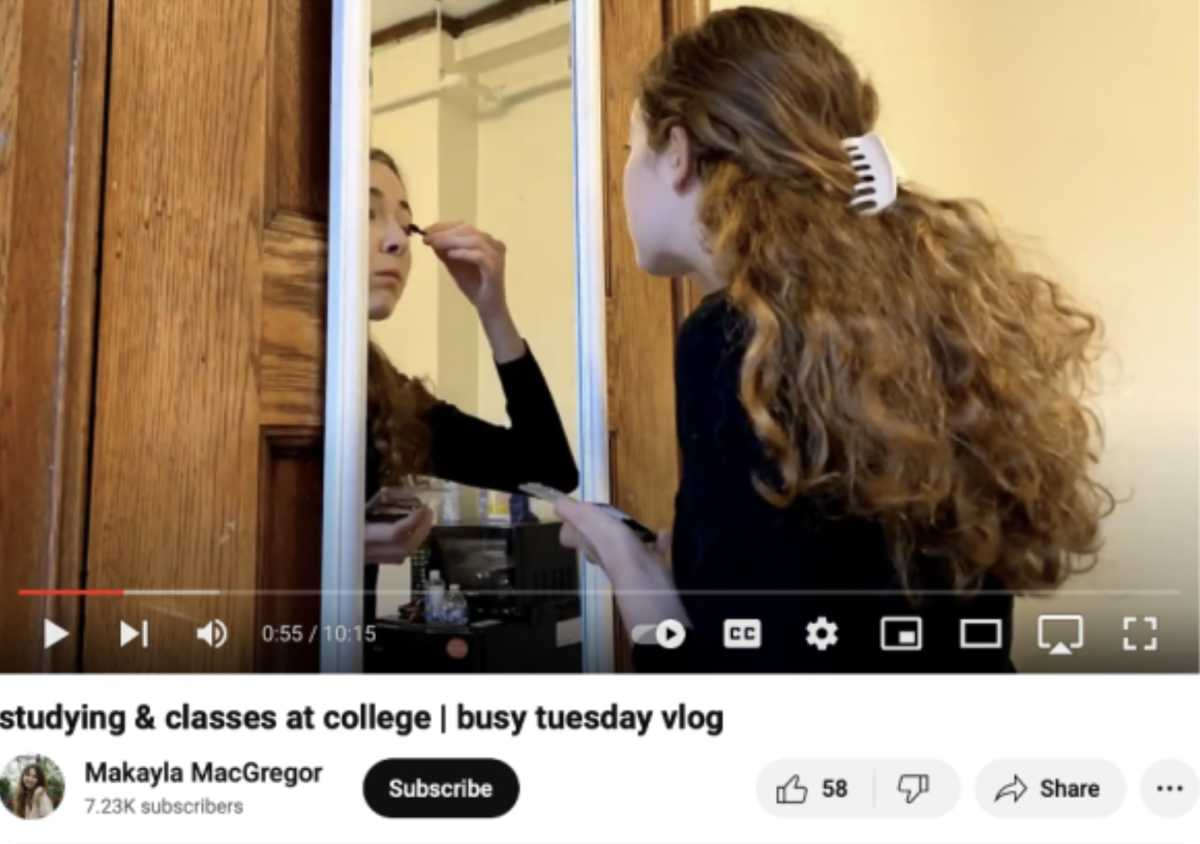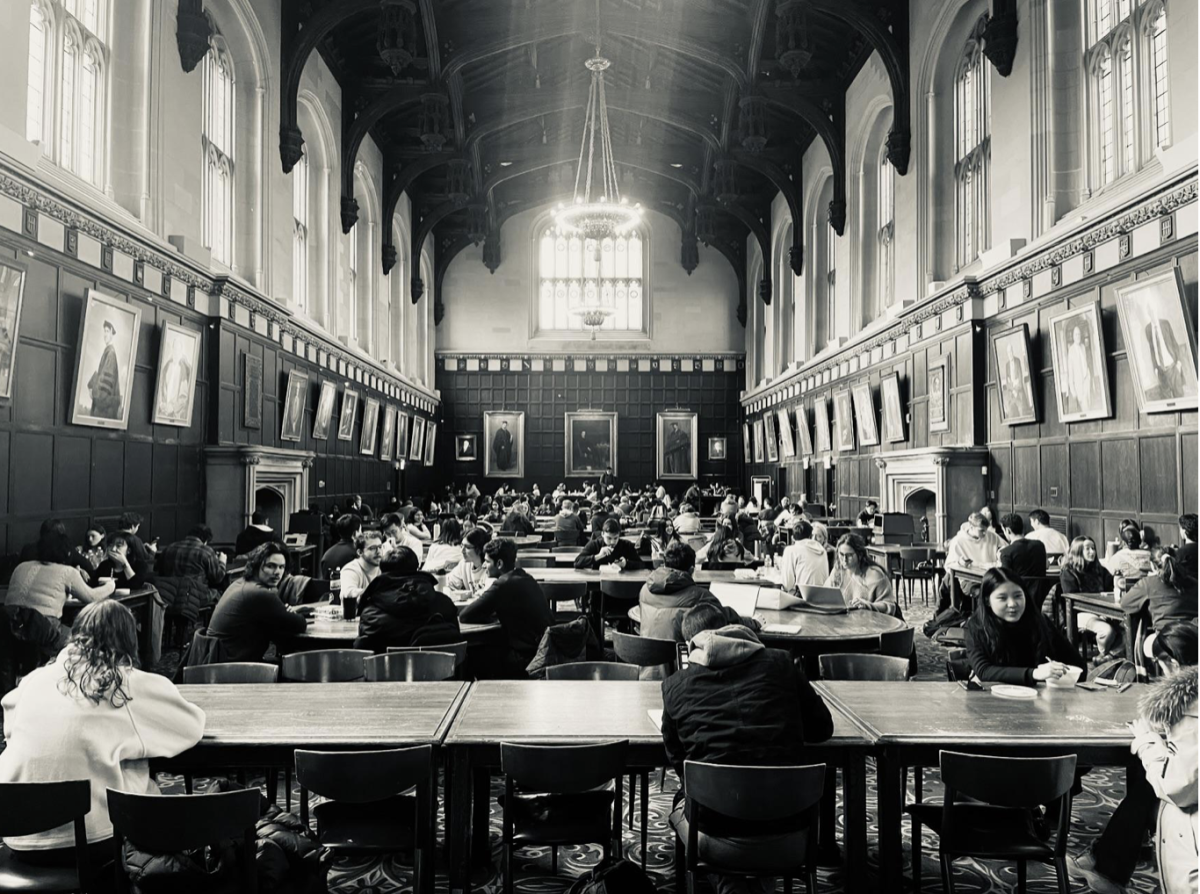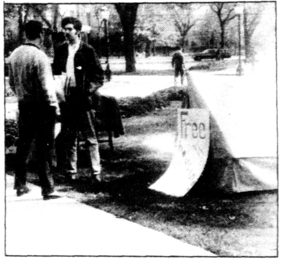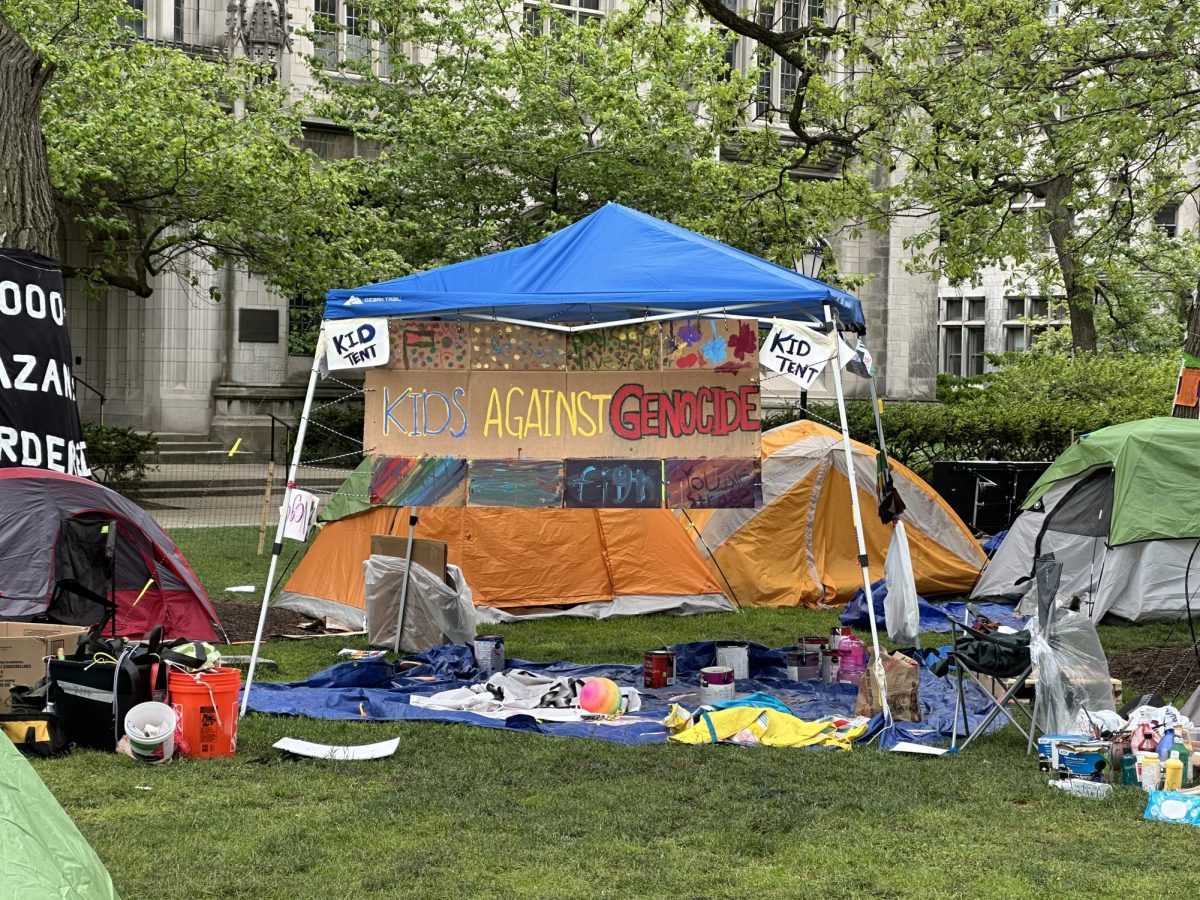JH: Your father-in-law [Eugene Fama] is an economist of some repute, and then your wife has an M.B.A. and a Ph.D from Booth. Do the three of you ever talk shop?
JC: Gene and I talk shop in the shop, and we often windsurf together, and we talk windsurfing when we windsurf together. We don’t tend to talk shop much at home.
JH: Reading Freakonomics, it sort of seems like Steven Levitt approaches the world with this economist’s point of view, and is constantly making observations in the mold of an economist. Is that something you find yourself doing?
JC: Yeah. Economics training is very useful in your day-to-day life, understanding how things work, approaching all sorts of problems.
JH: Is there an example of something you’ve come across recently, where you’ve thought, “This a situation where a non-economist would come to a completely different conclusion than me”?
JC: I have noticed that economists get much less emotionally involved when they’re negotiating for stuff. Especially when we were buying a house, we were always amazed at how someone would say “I want 500 grand,” we’d say “How about 410,” and they’d get all insulted. I mean, insulted–I’m offering you $410 thousand, cash! And they’d get all insulted. Economists are much more clearheaded about issues like that.
JH: I read some criticisms in the wake of the publication of Freakonomics, that he writes about sumo wrestlers and things like that. You talk about how broad economics is and how you can take it in so many different directions; is it good to have one of the celebrity economists specializing in things that are little bit less pressing?
JC: You said that, not me! [Laughs] I love Levitt. I’m very much in the “Let a thousand flowers bloom” school of how we should do economics. I enjoy Levitt’s work immensely. I enjoy Jim Heckman’s much more structural approach to answering questions—the structural school and the natural experiment school. I think each of them has an enormous set of tools and insights to provide.
So you’re not going to get me to say anything nasty about anybody, no matter how hard you try.
JH: Oh, no! [Laughs] But in Krugman’s article he brings up the economics of the Capitol Hill Baby Sitting Co-op, and then, in Levitt, so many instances of economics working where you might not think—do you find situations like that are often useful in your own work?
JC: Do you mean small stories?
JH: Situations like that, where it seems like, how does a baby-sitting co-op illuminate, how is it relevant to a recession?
JC: I never did understand the baby sitting co-op. [Laughs] Yes, a lot of what we do is about simplifying things, and reducing them to their essential parts. Which is why teaching and research work together. This university is still based on people both teaching and researching, and it’s when you have to stand up in front of students and explain something to them, that you’re forced to take what looks like a complicated idea and make it simple. And that’s really how we understand stuff. So little stories like that are often very good.
A lot of the difficulty of modern macroeconomics and finance is taking the equations and figuring out what they really mean, figuring out what they tell you about how a society works, and how different things will happen. And so, little stories like that can be very powerful. Sort of like stories about people shining lights at each other on trains were useful for Einstein.
That’s a lot of what we do, actually, these quantitative parables. When we think about growth, we go take a class, and the class is about Robinson Crusoe, and he lives on an island, and he can eat it or he can plant it. And that comes alive, in a sense, the decision-making about saving and investing in a modern society.
JH: You weren’t as critical as Krugman was of the economics profession, but you did say “There are some areas where we can continue to work, these are the places we can contribute.” Could you go over some of the major questions you see in economics?
JC: Well, we’ve all got to take our bets. Old guys pronouncing what areas are going to be great in the future is really cheap talk, because there’s a thousand good questions and a thousand great hunches. The hard part is doing the work. Darwin didn’t get famous for sitting at home, saying, “Gee, maybe we descended from apes.” He got famous for going out and collecting all the finch beaks and the fossils and proving it. The same is true in economics.
So I just want to preface that. I’ve got my hunches on where future research should go. Krugman’s got his hunches on where future research should go. And that and about 10 cents will buy you a cup of coffee. Well, that and about 50 cents will buy you a cup these days.
So you wanna hear me blab about where I think economics should go?
JH: Sure, I’d love to.
JC: Sure. We’ve got all sorts of interesting ideas. I’m not in the school of thought that each data point needs a new theory. So we went through an interesting event in the last year. I’m fairly intellectually conservative, so my response to that event is that you’ve got a car working of economic theory, and there some parts here that need a little more work, and some parts there you can ignore a little right now. Krugman thinks you’ve gotta throw the whole thing out and start from scratch. Well, the proof’s in the pudding. Opinions like that aren’t worth a whole lot.
JH: But you don’t see this as an epoch-making event in academic economics?
JC: It is in one sense. Every conference I go to, every paper, the author stands up and says, “See, the financial crisis proves that my last paper was right after all.” Some of them have a little more claim to that than others, but almost literally every paper says that. And for the moment, what it’s doing is refocusing attention on some lines of theory that we’ve been thinking about for a long time: How do bank runs work? How does liquidity work? What happens when people are holding risky assets and funding it with what looks like risk-free debt? These are issues we’ve been thinking about for centuries, and it’s a fun time to have current events make us think a little bit more about them.
JH: You mentioned the freedom you have to choose among problems. What is that attracts you to a problem when you get going on one?
JC: A hunch that I have an answer. There are a thousand interesting questions; there are a thousand important questions. What matters in doing good research is not asking big questions. What matters in doing research is having a decent answer. So where I pick a research topic is where, typically as I’m walking in the morning, a light goes off and I say, “Aha! Here is a way to answer one of those thousand pressing questions.”
JH: So it’s just like that [snaps]? Is that how it works?
JC: There’s a key of an idea, and then there’s months and months of working it out, and figuring out all the places I was wrong, and elaborating and so forth. It starts with a hunch of an answer.
JH: And is there a moment when it comes to a close and you say, “Done, next problem,” or is there more continuity?
JC: I would never be done if I had a thousand lives to lead, but my problem is I have way too many ideas and not enough time to finish them. So I have to somehow prioritize what are going to be the most promising and important ones, and that leads me to work in a field, and then move onto something else when I think I have something more important to do.
That’s very hard though. I’m very bad at forecasting which project is going to be seen as being the most important one.
JH: So is that the metric of how “promising” something is: importance? Social importance? How likely you are to solve it? Some combination of them?
JC: I’d like to write down great ideas that other people think are great and read and cite and find useful in solving important problems.
JH: So you’re willing to go into something with a small hunch, knowing that the upside there is pretty significant?
JC: Yeah, but it’s about good answers. If you tackle the big question—if you say, “Okay, I’m going to answer: ‘Why is there an industrial revolution?’ ‘How should capitalism have a more human face?’”—you’re likely going to wind up with garbage. You have to start with an answer, and hopefully it’s an answer to an important question, but research is about having an answer.







